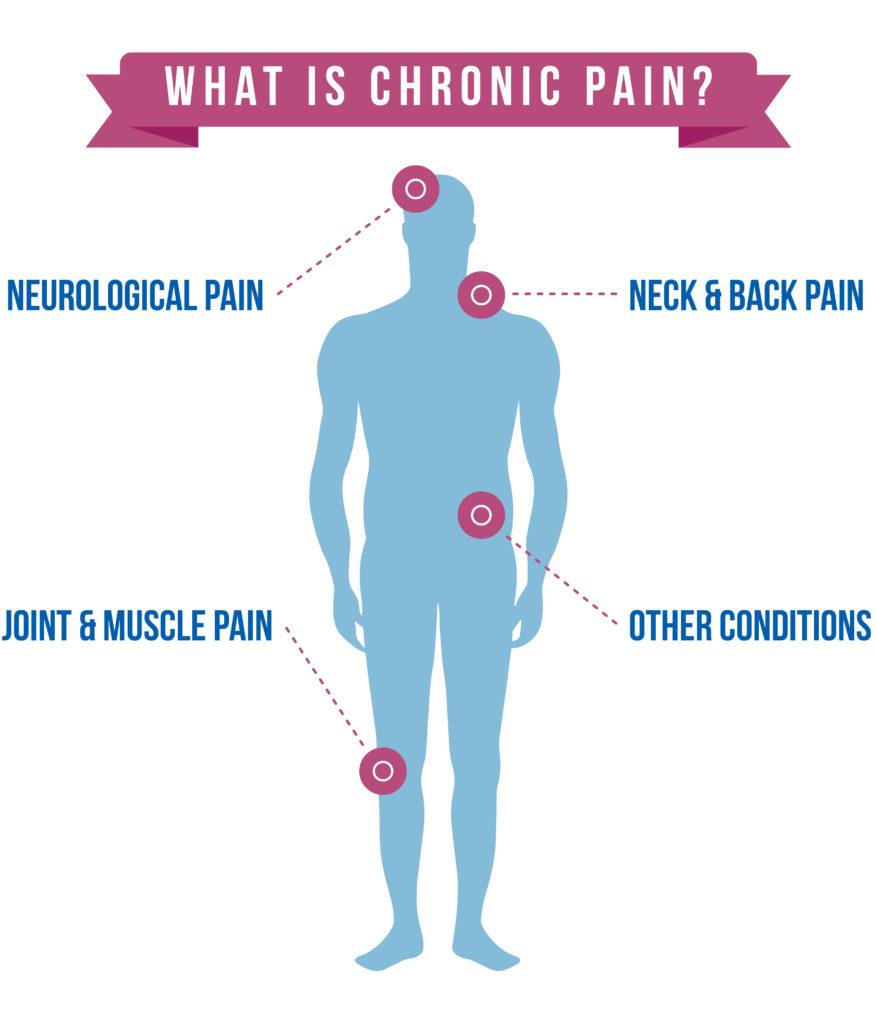What Is Chronic Pain Syndrome?

Pain is your body's normal reaction to an injury or illness, a warning that something is wrong. When your body heals, you usually stop hurting.
But for many people, pain continues long after its cause is gone. When it lasts for 3 to 6 months or more, it's called chronic pain. When you hurt day after day, it can take a toll on your emotional and physical health.
About 25% of people with chronic pain will go on to have a condition called chronic pain syndrome (CPS). That's when people have symptoms beyond pain alone, like depression and anxiety, which interfere with their daily lives.
CPS can be hard to treat, but it's not impossible. A mix of treatments like counseling, physical therapy, and relaxation techniques can help relieve your pain and the other symptoms that come with it.
What Causes Chronic Pain Syndrome?
Doctors don't know exactly what causes CPS. It often starts with an injury or painful condition such as:
Arthritis and other joint problems
Back pain
Headaches
Muscle strains and sprains
Repetitive stress injuries, when the same movement over and over puts strain on a body part
Fibromyalgia, a condition that causes muscle pain throughout the body
Nerve damage
Lyme disease
Broken bones
Cancer
Acid reflux or ulcers
Inflammatory bowel disease (IBD)
Irritable bowel syndrome (IBS)
Endometriosis, when tissue in the uterus grows outside of it
Surgery
The roots of CPS are both physical and mental. Some experts think that people with the condition have a problem with the system of nerves and glands that the body uses to handle stress. That makes them feel pain differently.
Other experts say CPS is a learned response. When you're in pain, you may start to repeat certain bad behaviors even after the pain is gone or has lessened.
CPS can affect people of all ages and both sexes, but it's most common in women. People with major depression and other mental health conditions are more likely to get CPS.